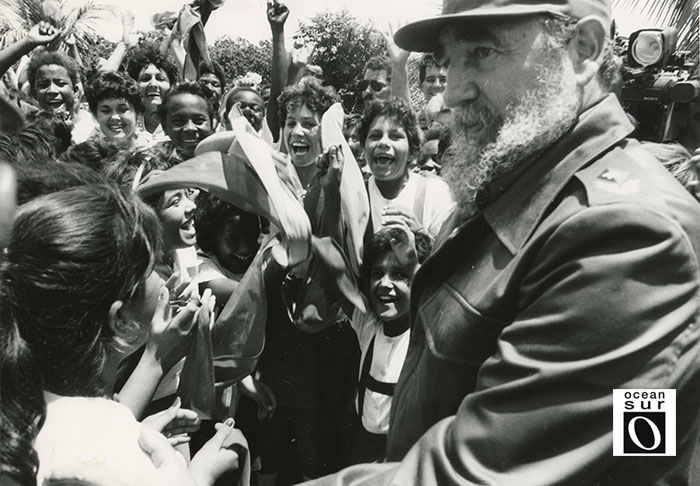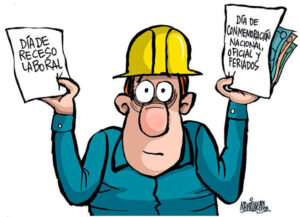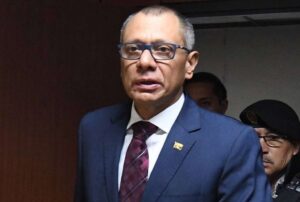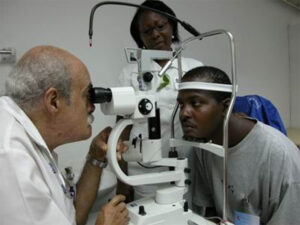As the 99th anniversary of his birth approaches, the legacy of Fidel Castro, historic leader of the Cuban Revolution, remains present today in every corner where the fight for a fairer world persists.
From the Revolution’s triumph on 1 January 1959, Fidel Castro redefined Cuba’s role internationally.
Amidst the Cold War context, when many small nations were absorbed into great powers’ spheres of influence, the Caribbean nation chose its own path: independence, sovereignty, and active solidarity with struggling peoples.
His 1960 speech at the United Nations General Assembly – denouncing neocolonial practices and Western powers’ economic domination – marked a turning point for developing nations’ participation in the multilateral system.
For 267 minutes, Fidel Castro forcefully exposed international order contradictions and demanded justice for oppressed peoples.
Beyond rhetoric, the historic leader transformed principles into action, evidenced by his resolute support for African national liberation struggles. From Angola to Mozambique, through Guinea-Bissau, Ethiopia and South Africa, he dispatched doctors, educators, engineers and combatants on internationalist missions.
Nelson Mandela, visiting Havana after his release in 1991, declared: «Cubans have done for Africa what no other people have done. You can take pride in having participated in the historic process that liberated our continent.»
Fidel Castro also became pivotal within the Non-Aligned Movement – a crucial space defending national independence and international justice.
Addressing the bloc’s IX Summit in 1979, he warned about «the new colonialism: economic, financial and technological domination by Northern nations over the South,» urging strengthened South-South cooperation as an alternative to the global power centres’ imposed model.
Over decades, Fidel Castro emerged as a moral reference point for global social movements, intellectuals and progressive leaders.
New and old generations alike recognise his drive for Latin American and Caribbean integration – through ALBA, CELAC and other frameworks – as fundamental to reclaiming the region’s identity and autonomy.
Today, as the world confronts new domination forms, ecological crises and geopolitically-fueled conflicts, Fidel Castro’s vision endures in every Cuban doctor serving remote areas and every people defending their right to self-determination.




